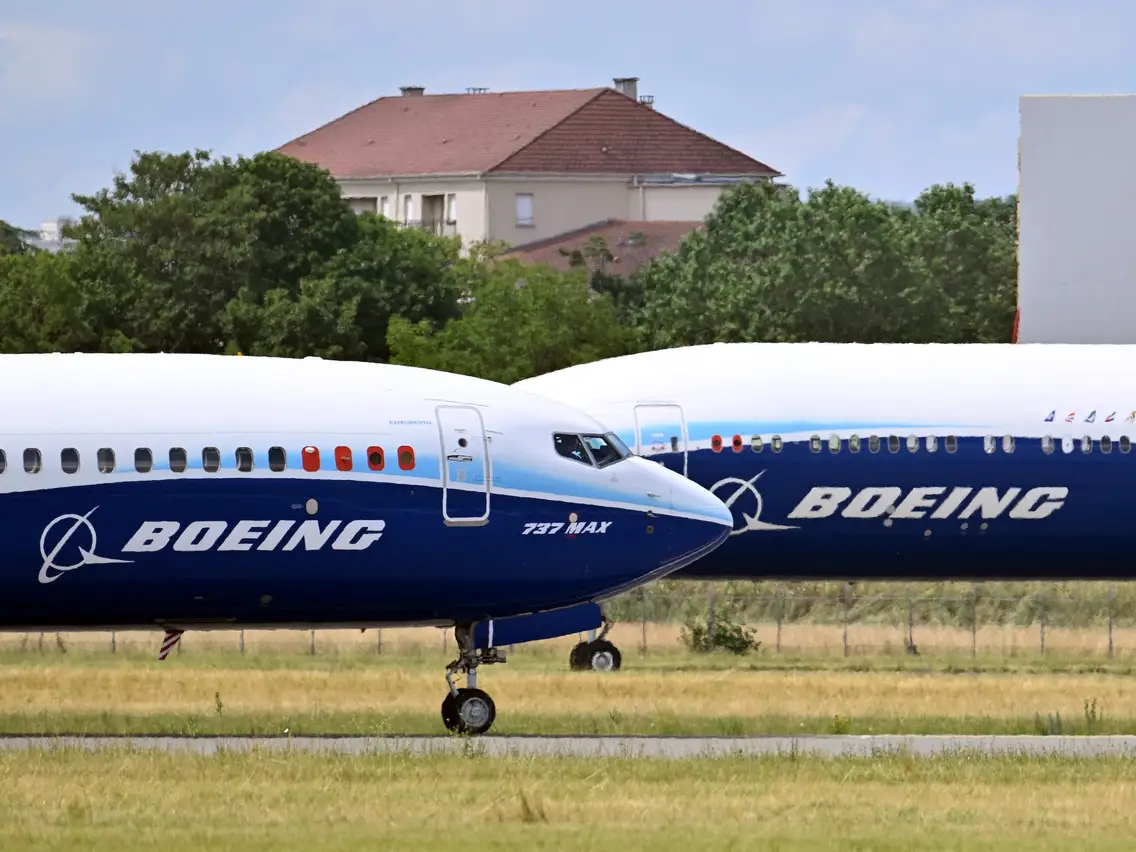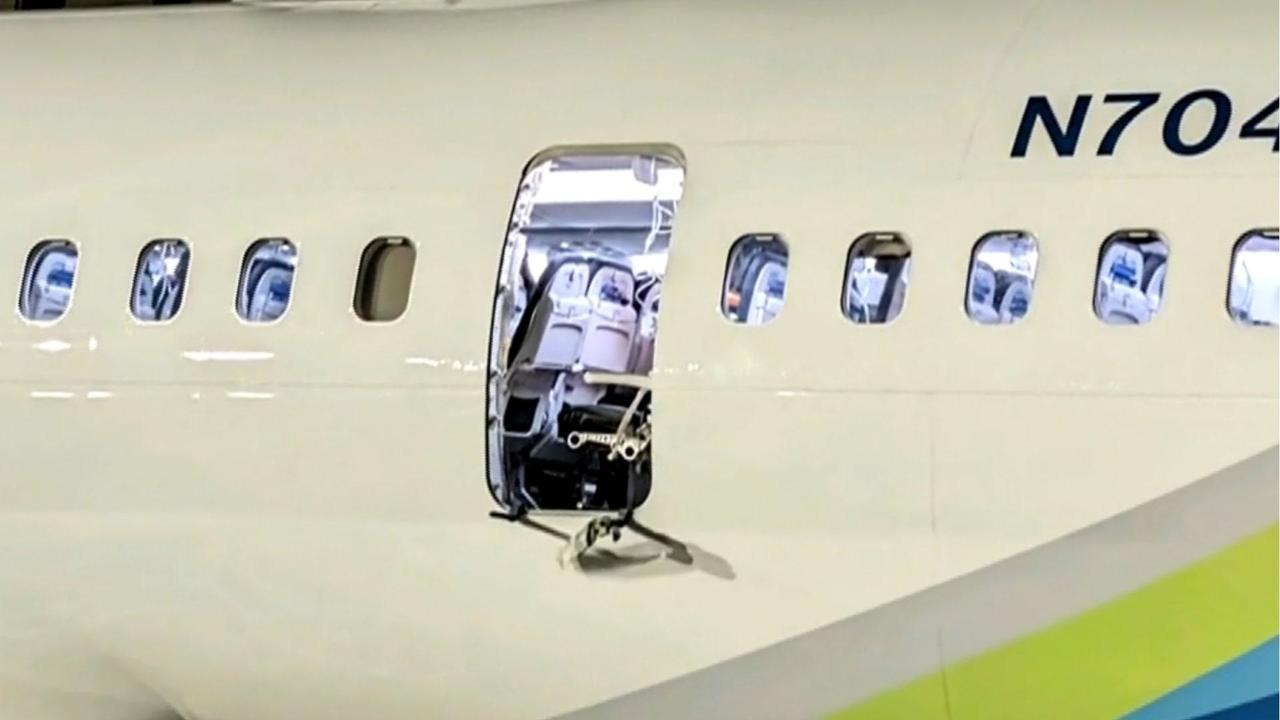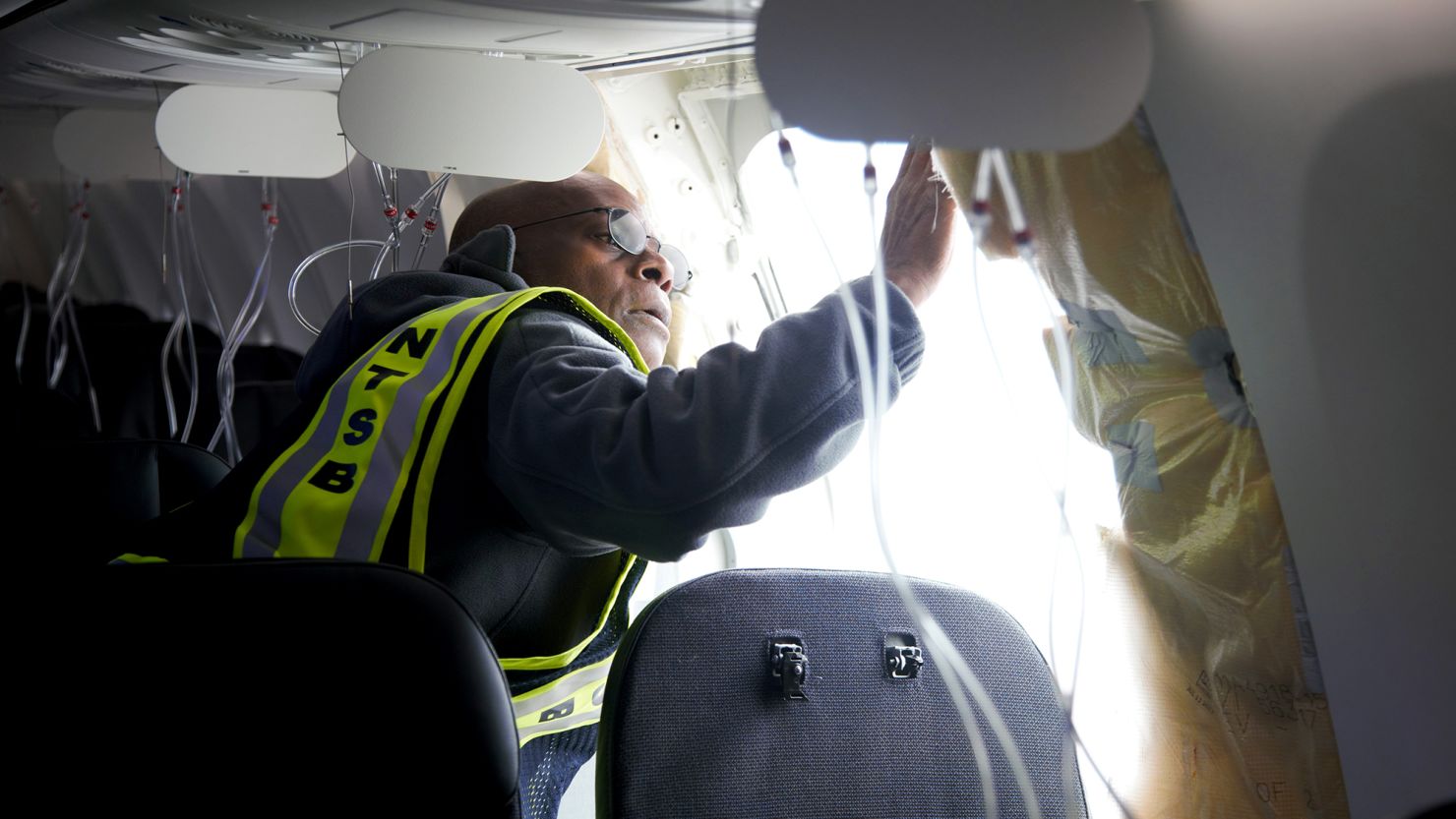The skies might not be as friendly for U.S. travelers this summer, with the aviation giant Boeing facing significant production delays that could send airfares soaring and limit flight options. The root of the problem lies in a series of manufacturing and operational issues, including a noteworthy incident on January 5 involving an Alaska Airlines flight.
This has put Boeing in a tight spot, causing delays in delivering aircraft to major carriers like United Airlines and Southwest Airlines, among others.
Boeing: A Closer Look at the Delays
Boeing’s backlog as of the end of February tells a tale of demand outstripping supply, with nearly 4,800 orders for the 737 Max aircraft still pending.
The list includes substantial orders from American Airlines, Delta Air Lines, Ryanair, Southwest, and United. With only 42 737 Max jets delivered in the first two months of the year, airlines are bracing for a challenging summer season.

Impact on Airlines and Travelers
“It’s not that airlines will have to cut flights — it’s that they won’t be able to add as many new flights as they perhaps had hoped to for the summer,” Henry Harteveldt, an airline analyst with Atmosphere Research Group, told CBS MoneyWatch. “It’s disappointing news for consumers and airlines.
Consumers may not have as many flights, and airlines won’t be able to offer as many flights and make more money. It’s lose-lose for airlines and travelers.” Despite the tight-lipped stance of Southwest and United on their pricing strategies, the underlying trend suggests an upward trajectory for airfares.
This is attributed to production delays, strong consumer demand, and rising fuel costs. However, the expansion of budget airlines like Breeze, Spirit, and Velo could offer some respite by providing competitive pricing pressure.

Airlines Reeling Under the Pressure
Airlines’ operational and capacity planning is in disarray, with the second half of the year looking particularly bleak. Southwest, which relies exclusively on Boeing 737s, is notably impacted. The airline’s admission of not expecting the delivery of 86 ordered aircraft this year spells a reduced capacity and, consequently, higher consumer prices.
Boeing's woes could mean higher airfares for U.S. travelers https://t.co/bUU42CvgCF
— CBS MoneyWatch (@CBSMoneyWatch) March 18, 2024
“It will inevitably mean less capacity in the second half of the year against what the airline had indicated earlier. An abrupt reduction in capacity like that will result in some higher prices,” Robert Mann said.
The Broader Perspective
While the immediate concerns revolve around ticket prices and flight availability, there’s a more profound consideration at play—public perception of safety. Boeing’s challenges could theoretically lead to apprehensions about air travel safety.
However, experts like Scott Keyes of Going.com believe that the impact on consumer behavior will be minimal. Airlines, not aircraft manufacturers, are the face of air travel for consumers, which should mitigate any significant shift in travel habits.
“When you buy a ticket, you’re not buying from Boeing or Airbus, you buy from Delta, United, or Spirit,” Scott Keyes said. “You don’t look at what airplane will be flying and optimistically there will be little impact on the number of travelers.”

Looking Ahead
As we navigate through these turbulent times in air travel, the onus is on Boeing to address its production challenges swiftly. For travelers, flexibility and a keen eye on budget airlines might be the keys to finding reasonable fares this summer.
Despite the challenges, the desire for travel remains strong, suggesting that while the journey might be more expensive, the allure of reaching new destinations remains undiminished.


